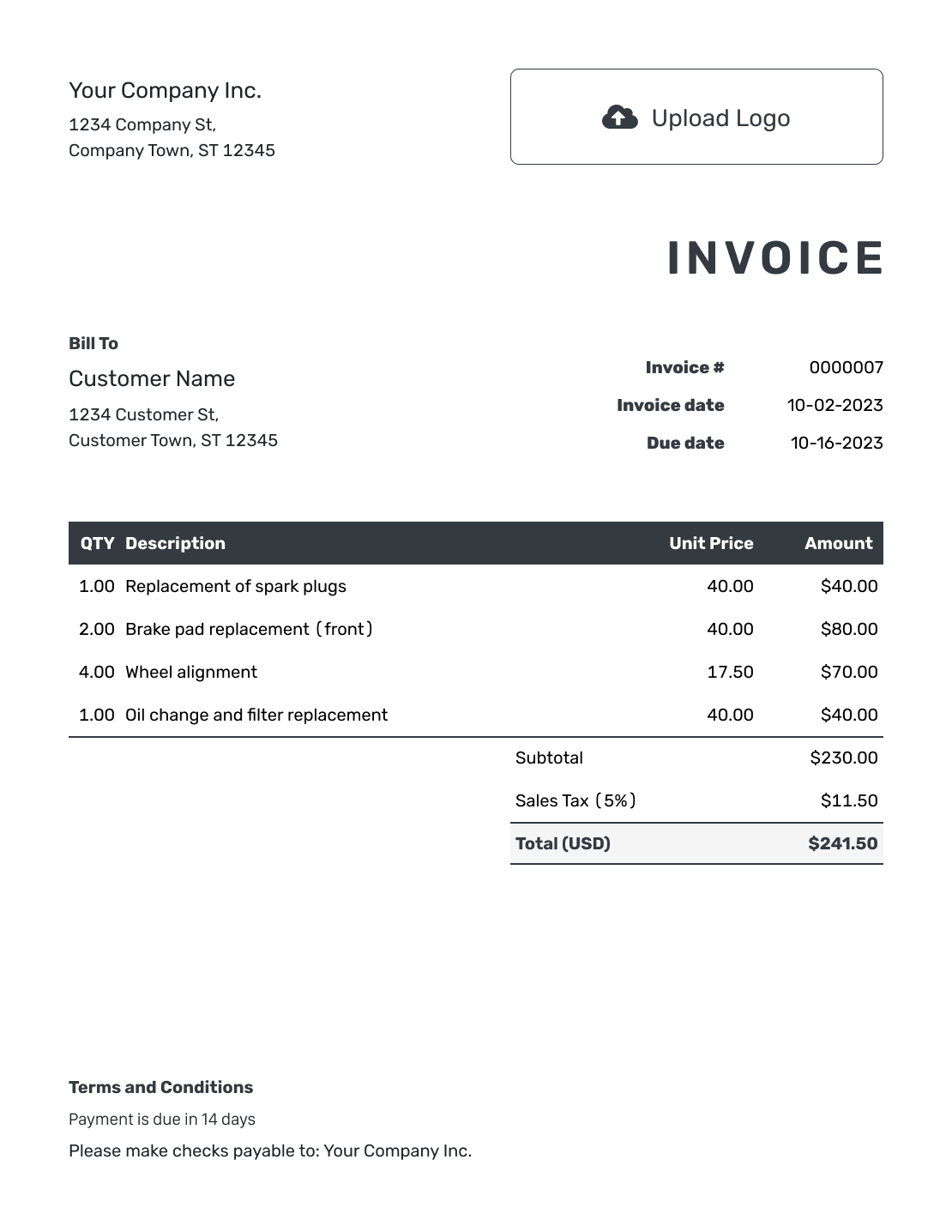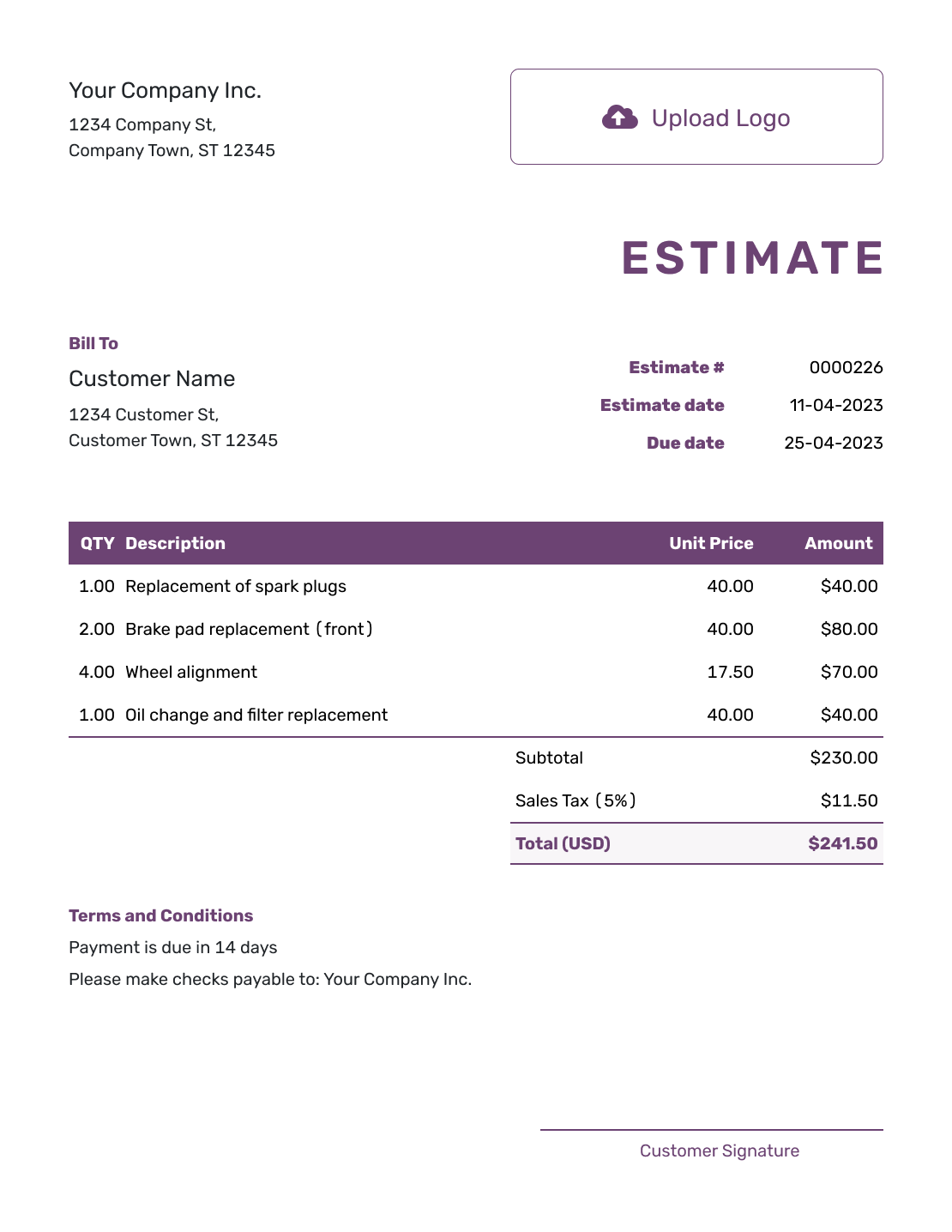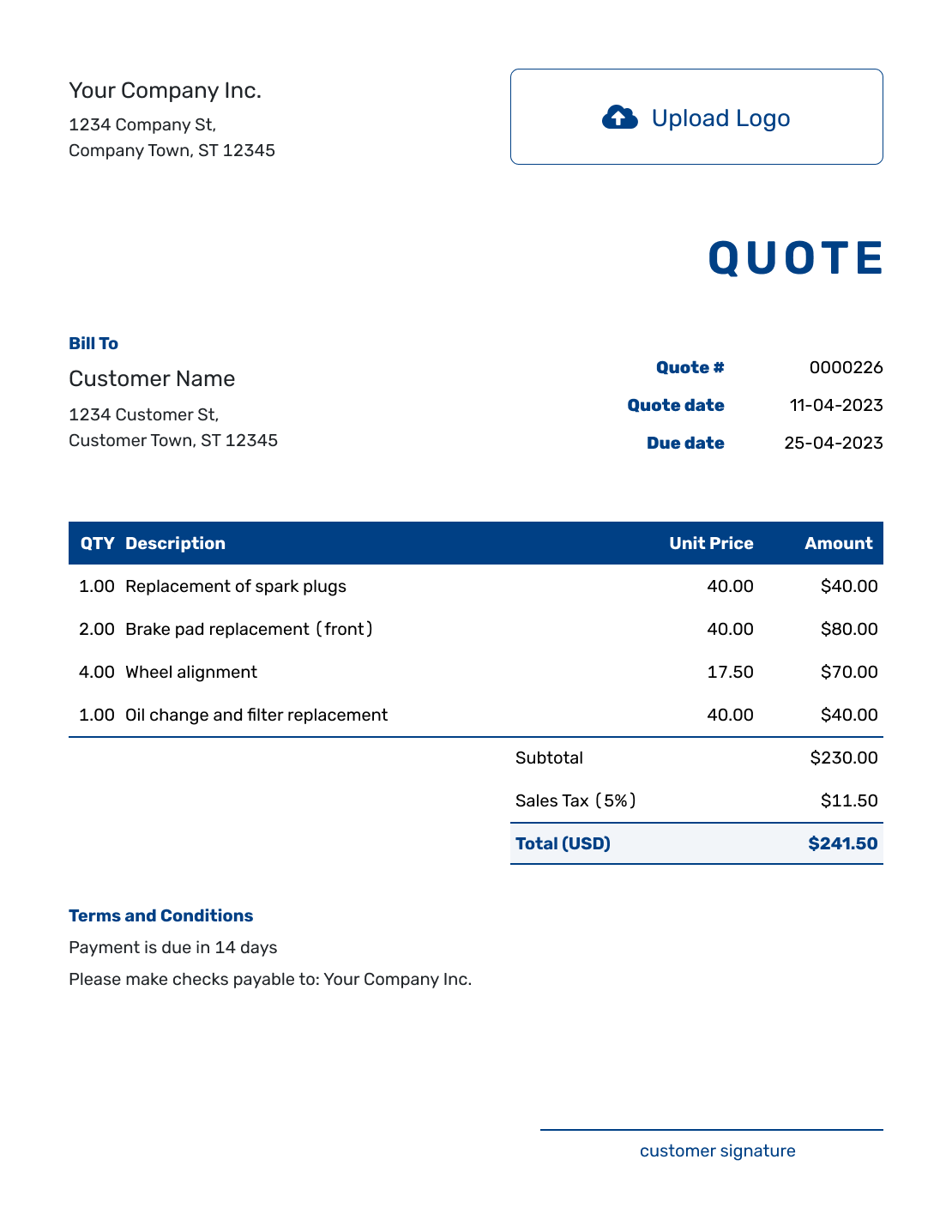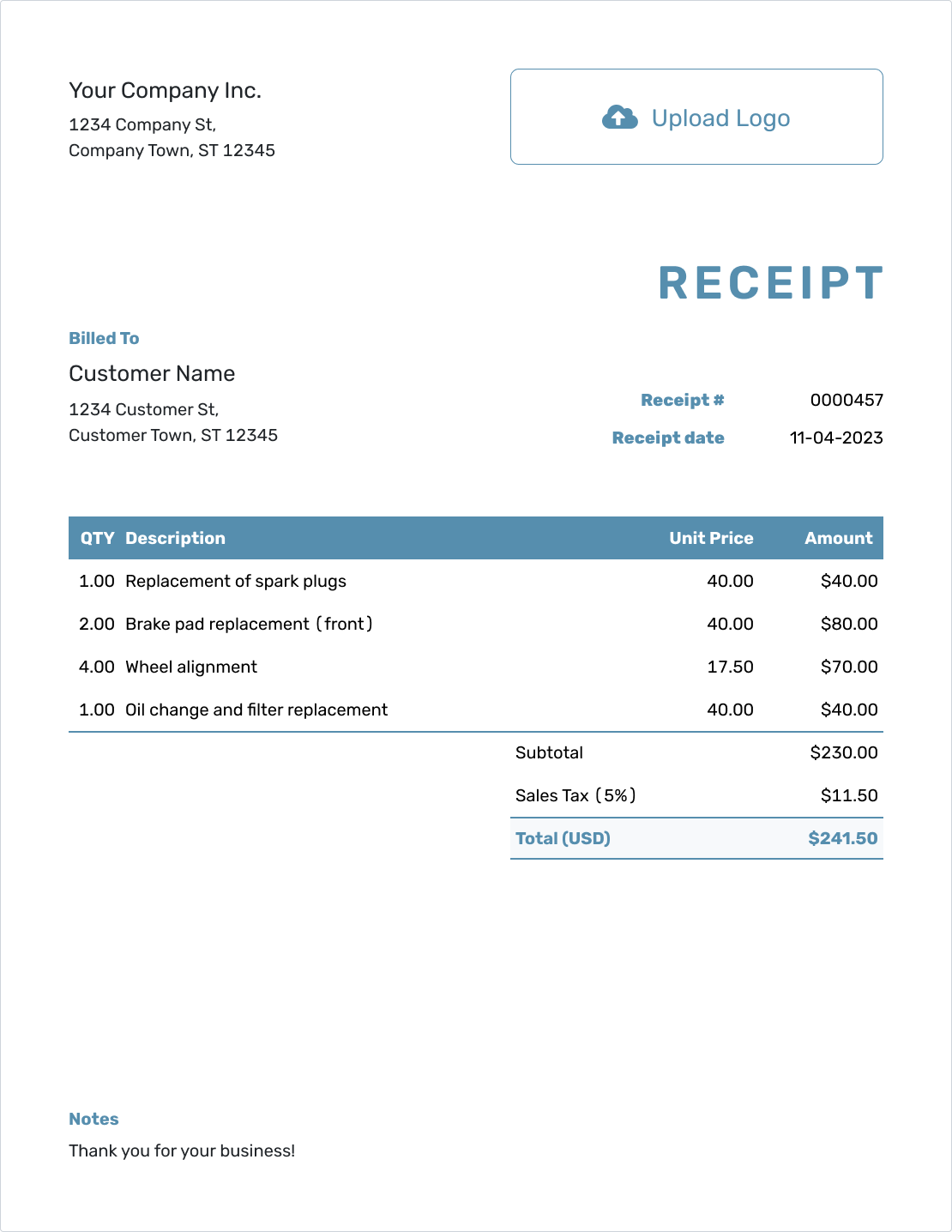Understanding
Forecasting
Est. reading time: 5 min

Forecasting is really just a fancy word for making educated guesses about the future of your business. Think of it as planning ahead based on what you already know. Imagine trying to decide how much inventory you need or how many customers you might have next month. That is where forecasting comes in. It helps you make these kinds of decisions with a bit more confidence.
What Is Forecasting?
Forecasting is the process of predicting what is going to happen in your business based on past data and trends. It involves looking at your sales, expenses, or customer numbers and using them to estimate what the future might look like. For example, if you know that your sales have been growing steadily for the past few months, you might forecast that this growth will continue.
Forecasting helps you plan better, set realistic goals, and be ready for challenges. It is like having a road map to guide your business decisions.
Types of Forecasting
1. Sales Forecasting
Sales forecasting is about predicting how much you will sell in a given period. It helps you decide how much stock to order or whether you need to hire more staff. For example, if you run a bakery, sales forecasting might help you decide how many cakes to bake for the upcoming holiday season.
2. Expense Forecasting
Expense forecasting involves predicting your future costs. This helps you keep your spending in check and ensure that you are not caught off guard by unexpected bills. It is like setting aside money for known expenses, like rent or utilities, so you can avoid surprises.
3. Cash Flow Forecasting
Cash flow forecasting helps you understand how much money will come in and go out of your business over time. It is crucial for keeping your finances balanced. Imagine knowing ahead of time if you might be short on cash one month—with a forecast, you can take steps to avoid that situation.
Why Forecasting Matters
Forecasting matters because it helps you make better business decisions. If you know what to expect, you can be proactive instead of reactive. For instance, if you forecast that sales are going to drop, you can start planning ways to boost them before it is too late. Forecasting helps you stay ahead of problems rather than simply reacting to them.
It is also important for managing your resources. By predicting your future needs, you can avoid overstocking or running out of supplies. You can also plan your budget better, making sure that you have enough funds for everything your business needs.
Ultimately, forecasting makes it easier to grow your business. With clear insights into what is likely to happen, you can make decisions that align with your goals, whether that is expanding, hiring more people, or investing in new equipment.
The Docelf Advantage
Docelf helps you manage your finances effectively, giving you a clear picture of your expenses and income so that you can make informed decisions. With Docelf, you can:
- Create Accurate Invoices: Quickly send professional invoices to your clients, ensuring you get paid on time.
- Generate Quotes and Estimates: Provide potential clients with clear, detailed quotes that make it easy for them to do business with you.
- Stay Organized: Keep all your financial documents in one place, making it simple to track performance and stay prepared for the future.
Forecasting is all about staying one step ahead. With the right tools, like Docelf, you can be confident that your business is on track. Ready to improve your financial management? Try Docelf for free today and see the difference.




